Editor’s Note: Frans de Waal’s new book, Different: Gender Through the Eyes of a Primatologist, has generated some controversy and misunderstanding. He will address these issues in a series of short essays which will be published at 3QD and can all be seen in one place here. More comments on these essays can also be seen at Frans de Waal’s Facebook page.
by Frans de Waal
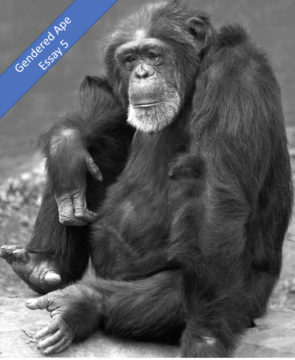
Florida Senator Rick Scott recently declared that “Men are men, women are women,” adding “we believe in science.” He was talking about transgender athletes.
I wish the senator did believe in science, though, because to reduce the gender palette to just two colors with nothing in between hardly works for biological sex and even less for gender expression and identity. It’s an outdated view.
The social roles of men and women are surrounded by persistent myths, often accompanied by the term “natural” as a stamp of approval and “unnatural” for patterns that we condemn. Most natural/unnatural distinctions have little grounding in biology, however. This is because biology is much more flexible than people assume. In the same way that no two trees of the same species are identical, nature is marked by high individual variability. Variability is what evolution works with. Since every individual comes with a unique genetic make-up, we can’t expect them to show the same sexual orientation and gender expression.
As American sexologist Milton Diamond is fond of putting it: “Nature loves variety, even though society hates it.” Read more »

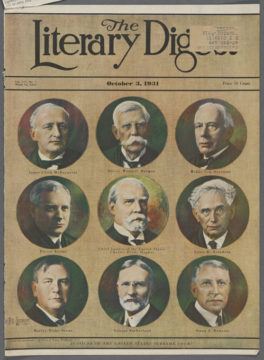
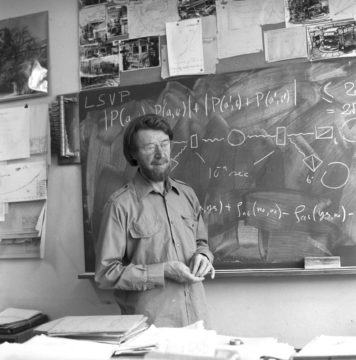
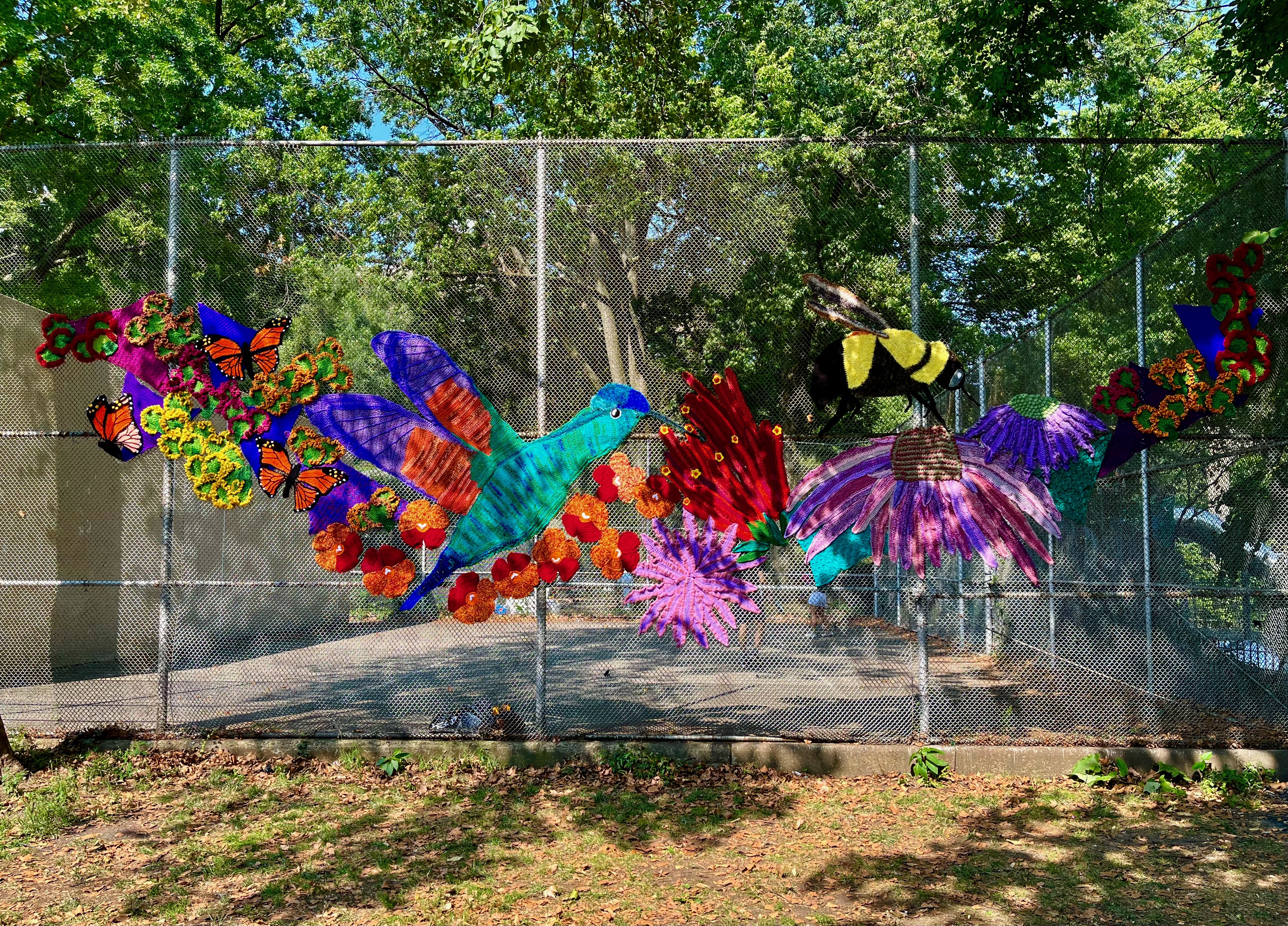 Naomi Lawrence. Tierra Frágil, 2022.
Naomi Lawrence. Tierra Frágil, 2022. Come die with me.
Come die with me.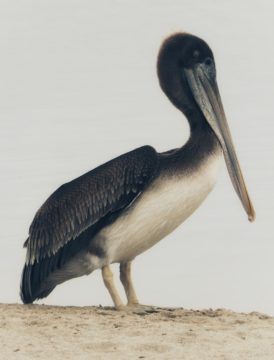 by Leanne Ogasawara
by Leanne Ogasawara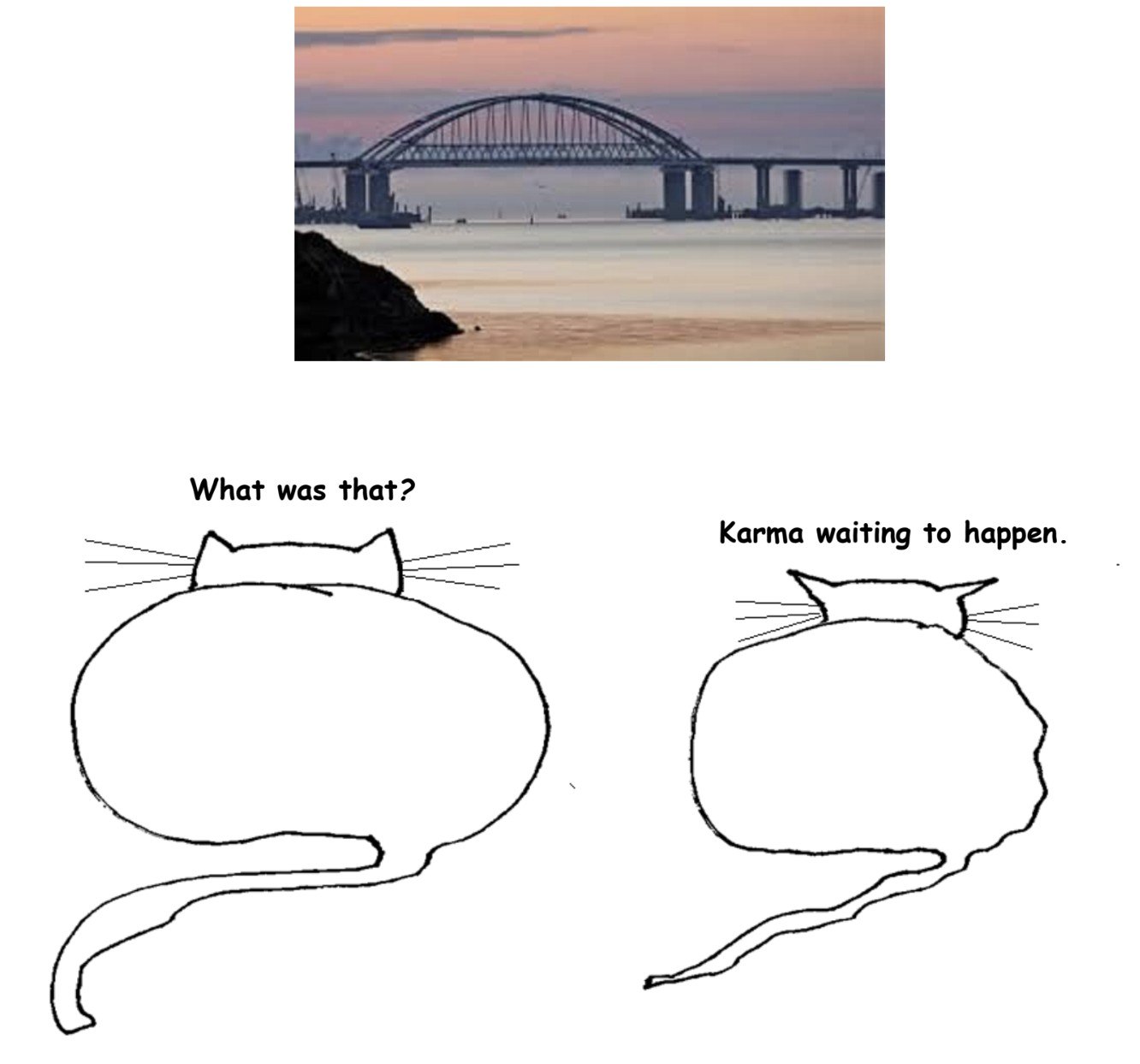
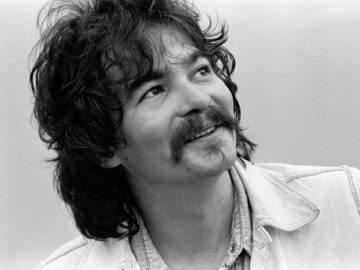


 trustee. It’s a relatively minor position and non-partisan, so there’s no budget or staff. There’s also no speeches or debates, just lawn signs and fliers. Campaigning is like an expensive two-month long job interview that requires a daily walking and stairs regimen that goes on for hours. Recently, some well-meaning friends who are trying to help me win (by heeding the noise of the loudest voices) cautioned me to limit any writing or posting about Covid. It turns people off and will cost me votes. I agreed, but then had second thoughts the following day, and tweeted this:
trustee. It’s a relatively minor position and non-partisan, so there’s no budget or staff. There’s also no speeches or debates, just lawn signs and fliers. Campaigning is like an expensive two-month long job interview that requires a daily walking and stairs regimen that goes on for hours. Recently, some well-meaning friends who are trying to help me win (by heeding the noise of the loudest voices) cautioned me to limit any writing or posting about Covid. It turns people off and will cost me votes. I agreed, but then had second thoughts the following day, and tweeted this: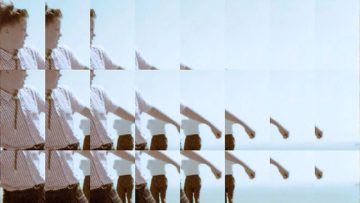 The issue is that Newton’s laws work about twice as well as we might expect them to. They describe the world we move through every day – the world of people, the hands that move around a clock and even
The issue is that Newton’s laws work about twice as well as we might expect them to. They describe the world we move through every day – the world of people, the hands that move around a clock and even 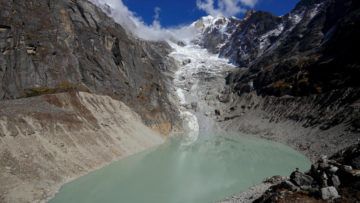 Spring came early this year in the high mountains of Gilgit-Baltistan, a remote border region of Pakistan. Record temperatures in March and April hastened melting of the Shisper Glacier, creating a lake that swelled and, on May 7, burst through an ice dam. A torrent of water and debris flooded the valley below, damaging fields and houses, wrecking two power plants, and washing away parts of the main highway and a
Spring came early this year in the high mountains of Gilgit-Baltistan, a remote border region of Pakistan. Record temperatures in March and April hastened melting of the Shisper Glacier, creating a lake that swelled and, on May 7, burst through an ice dam. A torrent of water and debris flooded the valley below, damaging fields and houses, wrecking two power plants, and washing away parts of the main highway and a  One of the most enduring ideas in economics is that free markets bring peace between countries. It comes from the notion that commerce drives humans to follow their mutual material interests rather than make destructive war due to passions.
One of the most enduring ideas in economics is that free markets bring peace between countries. It comes from the notion that commerce drives humans to follow their mutual material interests rather than make destructive war due to passions.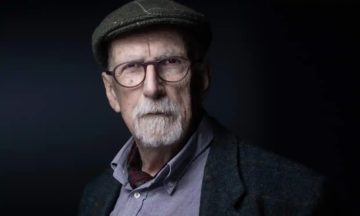 The French thinker Bruno Latour, known for his influential research on the philosophy of science has died aged 75.
The French thinker Bruno Latour, known for his influential research on the philosophy of science has died aged 75.